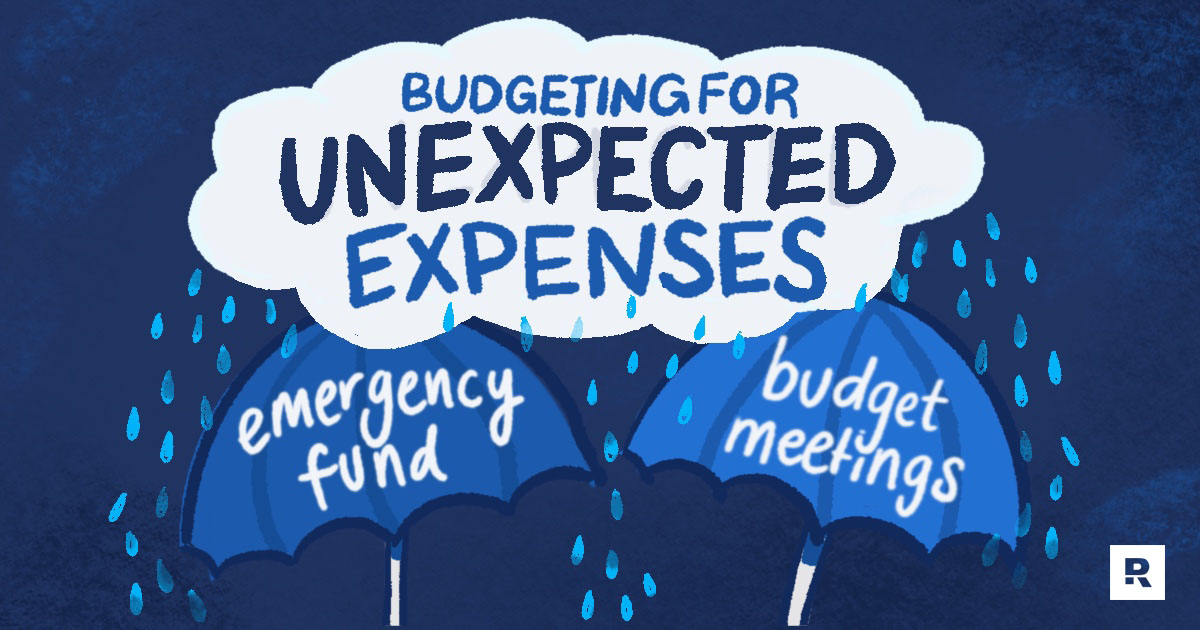Why you Find it Difficult to Save Money

It can be challenging to save money at times. You start out determined, set aside some money, and vow to keep to your budget. However, unexpected expenses creep in as the days pass, and your savings plan slips through your fingers.
If you have been here before, you are not alone. Many people begin the month with good intentions, only to discover that their money balance needs to represent their efforts. It is difficult when you feel like no matter what you do, your ambitions are simply out of grasp.
But here's the thing: saving can be easy. Small, unrecognized behaviors are sometimes the impediment to achieving your financial goals. Recognizing these limitations is the first step toward creating long-term adjustments. Consider saving as an adventure. You would only run a marathon if you prepared.
Similarly, developing a strong savings habit requires time, persistence, and understanding of your spending habits. When you figure out what is holding you back, the route to financial independence becomes much more straightforward.
1. Living Beyond Your Means
![Living Beyond Our Means [Colossians 1:9-14] by Lester Peters](https://i.ytimg.com/vi/vmADnKhKGn8/hq720.jpg?sqp=-oaymwEhCK4FEIIDSFryq4qpAxMIARUAAAAAGAElAADIQj0AgKJD&rs=AOn4CLB9uuVBTjFHaKwrKOBu0WgC74hA8w)
One of the most common reasons people struggle to save is that they live over their means. It is easy to become caught up in the pressure to maintain a particular lifestyle. It may be the new phone that everyone is raving about; maybe it is the weekends spent dining at fancy restaurants. These choices accumulate over time, making it more challenging to set aside money for savings.
Instead of comparing yourself to others, concentrate on your personal financial objectives. Understand what is necessary for your well-being and what may be reduced without sacrificing too much. An excellent way to determine this is to log your expenses for a month. You would be shocked at how much money is spent on things that provide little long-term benefit.
Action Tip: Make a simple budget that represents your income and lifestyle. Separate your "needs" from "wants" and set aside a set amount for savings before considering spending on anything else.
2. Not Having a Clear Savings Goal

Saving money without a defined goal is like running a race without a finish line. When your savings objective is unclear, it is easy to lose motivation. Maybe you want to save for "something lovely" or "a rainy day," but these reasons are rarely urgent, making spending your funds on trivial things simple.
Setting clear and defined goals can make a significant difference. Whether for an emergency, a future investment, or a large purchase, knowing what you are saving for provides direction and purpose. It also allows you to track your progress and stay accountable.
Action Tip: Set precise savings targets. Instead of just expressing, "I want to save more," try, "I want to save N100,000 in six months for an emergency fund." This offers you something to strive for and keeps you motivated.
3. Relying on a Single Source of Income

In many cases, people rely heavily on one source of income. If that income barely covers your daily expenses, saving can seem impossible. This is especially true if unexpected costs, such as sudden medical bills, transportation issues, or family emergencies, drain what little is left.
To overcome this, it might be time to explore additional income streams. Whether it's a side hustle, freelancing, or starting a small business, having more than one source of income gives you breathing room. Even a tiny extra amount can be the difference between saving something and nothing.
Action Tip: Think about skills or hobbies you can monetize. From offering services like graphic design or tutoring to selling products online, there are many ways to supplement your income.
4. The Influence of Social Pressure

Social pressure plays a significant role in how you spend your money. Whether it's attending every wedding, party, or event or trying to meet societal expectations, the cost of keeping up with appearances can eat into your savings. There's also the pressure of helping family members or friends, which, while noble, can strain your finances if done without limits.
Finding the balance between being generous and protecting your financial well-being is essential. Learning to say "no" when necessary and setting boundaries can help you stay on track with your savings.
Action Tip: Politely decline invitations or requests that will stretch your budget too thin. Offer alternatives, like suggesting a more affordable way to hang out or help out within your means.
5. Lack of Financial Discipline

The temptation to spend impulsively can be hard to resist, especially when you have easy access to funds. However, lack of discipline is a significant obstacle to saving money. Whether it's grabbing snacks while stuck in traffic or making online purchases that seem small but add up over time, these impulsive decisions slowly chip away at what could have been your savings.
Building financial discipline requires planning and self-control. Using budgeting apps or automating your savings can help you develop better habits and avoid unnecessary spending.
Action Tip: Automate your savings by automatically transferring your spending account to your savings account on payday. This way, you remove the temptation to spend it.
6. Not Planning for Unexpected Expenses

Life has a way of throwing curveballs—unexpected medical bills, car repairs, or family emergencies. These unforeseen expenses can derail even the best savings plans. Without an emergency fund, you'll likely dip into your regular savings to cover these costs, leaving you back at square one.
To avoid this, a separate emergency fund is essential. This fund should be easily accessible but not used for everyday expenses. Even small, regular contributions can add up over time and give you peace of mind.
Action Tip: Start building an emergency fund by setting aside a small percentage of your monthly income, even if it's just 5%. Having something set aside can reduce financial stress when unexpected events arise.
7. Unrealistic Expectations
Many people struggle with saving because they set unrealistic expectations for themselves. They assume they can save massive amounts overnight and get discouraged when they fall short. The truth is, saving money is a gradual process. Trying to do too much too soon can backfire, leading to frustration and even giving up entirely.
Setting achievable, incremental goals is critical to long-term success. Rather than aiming to save a significant amount immediately, start with smaller, manageable amounts that won't disrupt your daily life.
Action Tip: Begin by saving a small percentage of your income and gradually increase it as your financial situation improves. The important thing is to stay consistent.
8. Ignoring Small Wins
It's easy to overlook small savings as insignificant, but every little bit counts. Whether it's avoiding small daily expenses or negotiating better deals on essential services, these small wins add up over time. Focusing only on big wins while ignoring smaller opportunities is a common pitfall that prevents people from reaching their savings goals.
Recognize the importance of saving in small ways and celebrate these victories. It might not seem like much, but small, consistent habits form the foundation of long-term financial success.
Action Tip: Keep track of even the most minor amounts you save and watch how they accumulate over time. It could be as simple as cutting back on daily snacks or negotiating lower utility bills.
Start Small, Stay Consistent

Saving money isn't always easy, but it's possible with the right approach and mindset. Recognizing the barriers that make saving difficult is the first step toward overcoming them. Remember, you don't have to start with massive savings—small, consistent efforts can lead to significant changes over time.
Ask yourself: what small steps can you take today to start saving? It could be as simple as tracking your spending, setting a goal, or finding ways to earn extra income. The journey to financial security begins with a single step entirely within your control.
So, what's your next move?





